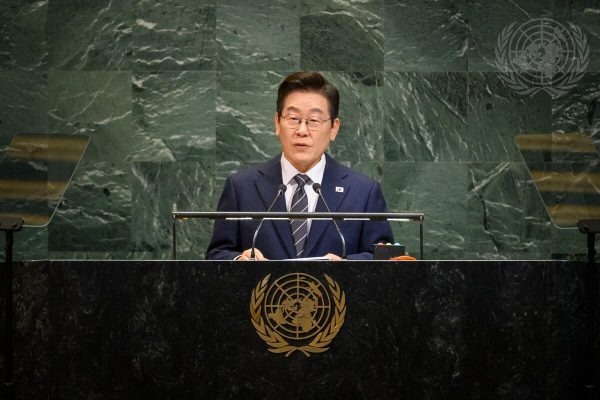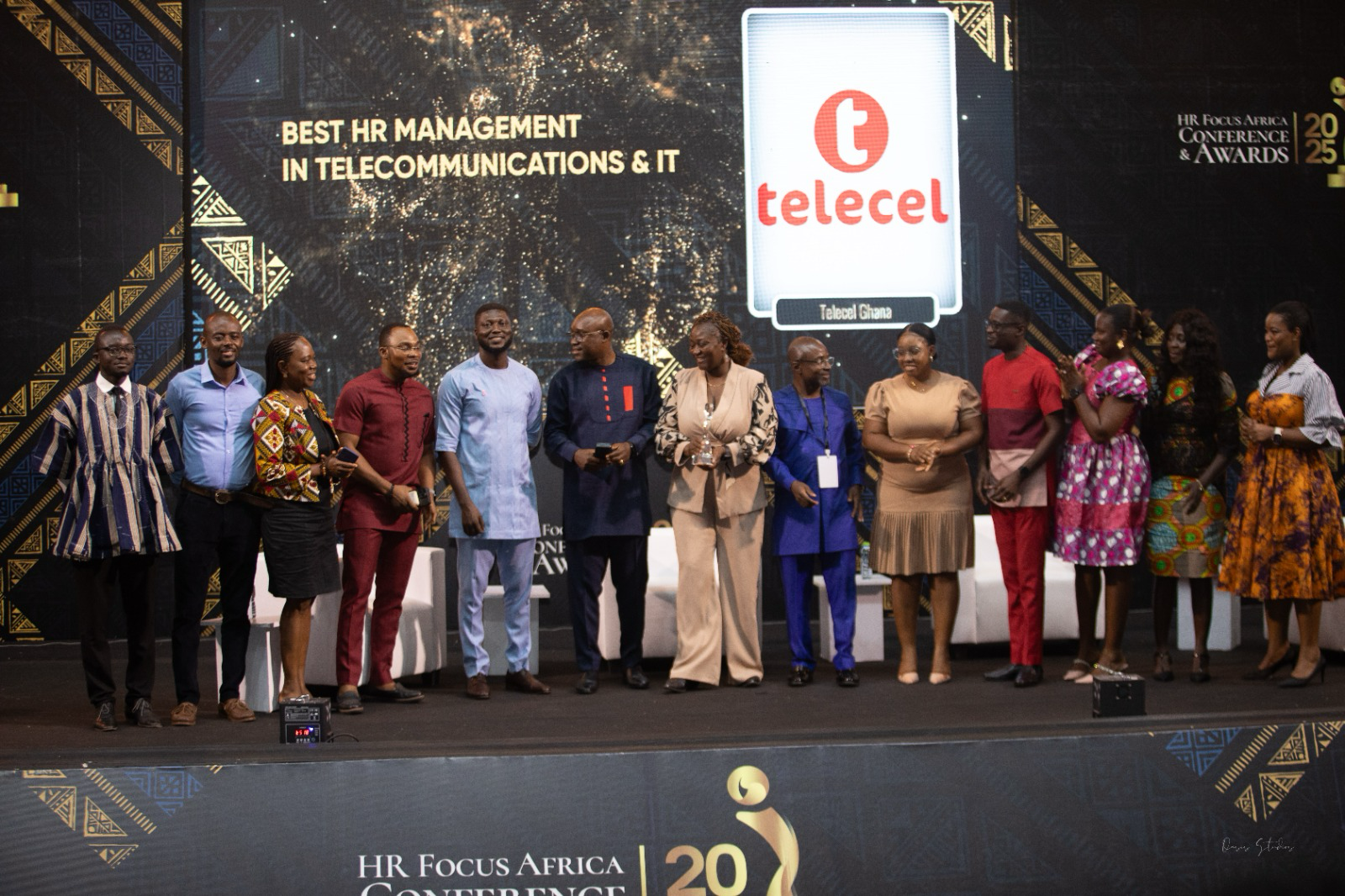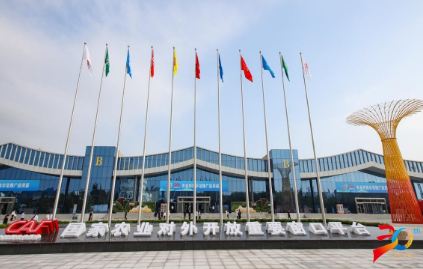Copyright thediplomat

South Korea must not relinquish its agency and allow others to define the Indo-Pacific without it. As President Lee Jae-myung has stated, South Korea “cannot repeat the mistakes of 120 years ago,” because “in the past, we failed to keep up with the changing international trends and were caught between the great powers and pushed around, ultimately losing our sovereignty.” South Korea today possesses capabilities to navigate a volatile regional and international environment that its 19th-century self could only have dreamed of. South Korea has emerged as a G-20 economy, a leading actor in critical and emerging technologies of AI and semiconductors, and a global cultural exporter with soft power reaching far beyond Asia. It is also a resilient democracy that recently weathered the turbulence of a short-lived declaration of martial law by former President Yoon Suk-yeol, who was impeached for his constitutional violations. However, Seoul has not consistently translated its strengths into regional agenda-setting or leadership that reflects its substantial economic, cultural, and security advancements. Yoon began to change this oversight with the Camp David Summit, South Korea’s first Indo-Pacific Strategy, and founding membership in the Indo-Pacific Economic Framework. It will be under Lee that South Korea’s larger regional role can truly start to take shape. While shared values still play a crucial role in diplomacy and foreign policy and will always be embedded within outcomes, Lee has declared that South Korea will no longer prioritize a “values-based” approach to diplomacy, as conducted under Yoon. Instead, as Minister of Foreign Affairs Cho Hyun stated, Lee’s government will pursue a pragmatic foreign policy with “no ideological preoccupations” and seek diplomacy from “a common sense approach to policy and pragmatism rooted in national interest.” Lee’s inauguration address described his government as “flexible” and “market-oriented” with diplomacy that is “practical.” The first 100 days of the Lee government have shown that this involves abandoning the previous administration’s branding of South Korea as a “global pivotal state.” In practice, this has seen the reversal of Yoon’s “freedom-based unification” approach toward North Korea, with Lee proposing his own “Engagement, Normalization, and Denuclearization” (END initiative). Lee’s approach is reflected thus far in “sound diplomacy” (the dismantling of loudspeakers along the DMZ), addressing the launches of anti-North leaflet balloons, and attempting to restore communication channels. The Lee government is also attempting to reset and strengthen economic relations with China by sending a special envoy and seeking their assistance with the North Korean nuclear challenge, while maintaining the centrality of the United States alliance and signaling interest in pursuing greater strategic military autonomy by advancing the discussion on the transfer of wartime Conditions-based Operational Control (OPCON). Although each development in Lee’s pragmatic approach is significant, another key point, crucial to South Korea’s ability to navigate global strategic headwinds, should be emphasized. Lee’s pragmatism has not required abandoning the idea of a Free and Open Indo-Pacific (FOIP), nor should it. FOIP is often linked to the United States’ strategic role in the region, and its increased engagement to protect the “rules-based order” and uphold the “values that have underpinned peace and prosperity in the Indo-Pacific.” While the U.S. core pillars of keeping the region “free and open, connected, prosperous, secure, and resilient” might have consolidated in U.S. strategies, the initial impetus for both the Indo-Pacific concept and FOIP first emerged in Tokyo’s strategic thinking. From Japanese Prime Minister Abe Shinzo’s Confluence of the Two Seas speech and “Democratic Security Diamond” proposal, to the subsequent introduction of a FOIP strategy in a 2016 Speech at TICAD VI and inclusion in the Minister for Foreign Affairs’ 2017 Diplomatic Bluebook, the concept’s origins reflected Tokyo’s “desire to preserve the blessings of open seas, together with… all countries and peoples who share the same intent.” Therefore, while the U.S. has been a key proponent of a FOIP, the normative framing of values and their practical purpose for agenda-setting potential are fundamentally from within the region. Since Lee’s inauguration, one of the few explicit mentions of a FOIP was in the Trilateral Ministerial Joint Statement by the United States, Japan, and South Korea in September 2025, while Lee’s speech at the Center for Strategic and International Studies (CSIS) focused on framing “peace and prosperity in the Indo-Pacific region.” Some might associate the FOIP concept with the values-based diplomatic approach from which the Lee administration is moving away. However, this should be recognized as the crucial moment for South Korea to define what a “free and open Indo-Pacific” truly means in practice. In doing so, Seoul could take a leading role at a pivotal point in evolving U.S. regional priorities. Lee’s pragmatism does not require abandoning or replacing the idea of a FOIP. Instead, this pragmatism should serve as the means by which FOIP is implemented and better operationalized, capitalizing on the inherent practical priorities that the FOIP concept has and can continue to facilitate. As a highly trade-dependent economy, South Korea’s prosperity and security rely on secure supply chains and a stable regional environment. FOIP provides the framework to achieve these goals. While the United States has played a key role in promoting Indo-Pacific terminology, establishing most existing minilateral partnerships, and shaping the concept of an FOIP, the increasing emphasis on burden-sharing among partners will require allies to take a more prominent lead in implementing initiatives in the region. The question, then, is who will step up. When the U.S. withdrew from the Trans-Pacific Partnership, it was Japan’s leadership that kept the idea alive through the Comprehensive and Progressive Agreement for Trans-Pacific Partnership. Although many might expect Japan to once again lead and serve as a backstop for FOIP, relying solely on Tokyo would be tenuous under a new prime minister and a limited political bandwidth. Therefore, what is required is for South Korea to join Japan in shaping an FOIP agenda, rather than downgrading or relegating it as merely an incompatible, values-laden idea. This is where Lee’s pragmatism toward Japan should play a vital role. The Korea-U.S.-Japan Public Perception Survey by the East Asia Institute, the Korea Economic Institute, and the Asia Pacific Initiative showed 75.5 percent of Korean respondents support strengthening Korean security cooperation with Japan above its current level, and 85.6 percent agreed to increasing economic exchange and cooperation. In Japan, new Prime Minister Takaichi Sanae has stated that the “importance of the Japan-South Korea relationship is greater than ever before” and that she will aim to “develop the relationship in a future-oriented and stable manner.” The raised hopes for a productive relationship despite concerns in Seoul about her attitude toward historical issues. Moving beyond Yoon’s idea of a global pivotal state, South should lead as a resilient democratic nation alongside Japan, defining what FOIP means amid fluctuating U.S. priorities and uncertainty. This “pragmatism with purpose” model would enable South Korea to strengthen its partnership with Japan in a positive external direction, not solely defined by their bilateral relationship. It emphasizes a broader regional context and reinforces a leadership role that reflects South Korea’s current economic, diplomatic, and security strengths. As such, the concept of FOIP should not be relegated to only being “values diplomacy” but should instead be treated as a practical national interest directly linked to regional security. Lee’s rhetoric has already laid the foundation for this. At CSIS, he emphasized K-Democracy, describing institutions capable of stopping martial law through democratic means and mass protests without “a single drop of blood.” This presents democracy less as an ideology and more as a reflection on institutional resilience. This reframing can position South Korea and Japan as co-leaders shaping the Indo-Pacific’s future framework, anchoring regional resilience, and reinforcing the perception of a FOIP not only as part of the United States’ values-driven engagement but as a shared Korean-Japanese effort for Indo-Pacific stability that, in turn, benefits national interests. Under a FOIP agenda framework led by South Korea and Japan, Seoul can more effectively guide how the region addresses cross-cutting security issues, critical technology coordination, and regional capacity-building. Initially, this should focus on: maritime rule of law and maritime domain awareness; secure, diverse supply chains for critical and emerging technologies; institutionalizing trilateral and minilateral multi-domain security exercises, including space and cyber; and regional resilience to transnational threats, including climate impacts on the defense industrial base and disaster response readiness. During the initial introduction and official adoptions of the Indo-Pacific concept and FOIP agendas, South Korea’s then-Moon administration prioritized its more hedging approach to balancing relations with China and the U.S., rather than actively engaging with the expanding Indo-Pacific and FOIP agenda. In the end, South Korea had little to show for this balancing act. While Lee has recognized that hedging options are unattainable, any move that distances South Korea from its regional partners on shared objectives under the FOIP umbrella risks losing its growing, but still tenuous, agency and once again allowing others to define the region. This is a pivotal moment for South Korea to go beyond the rhetorical commitments of the Yoon administration’s Indo-Pacific strategy by operationalizing the FOIP framework and embedding it as a key part of the Lee administration’s approach to regional strategy. While China may continue rejecting the Indo-Pacific terminology, Japan and Australia will keep promoting the concept through their bilateral statements and shape its development with their own Indo-Pacific strategies and outlooks. An aversion to values-laden rhetoric should not prevent South Korea from pursuing policies that serve its national interests, regardless of their rhetorical origins. The task is to empower Korean pragmatism as a driving force behind FOIP, deliver an agenda framework with allies, and evaluate it by its outcomes. If South Korea, as Lee has stated, “falls a single step behind,” it risks becoming “a weary follower.” On the other hand, “move just half a step ahead,” and South Korea can “become a leader with boundless opportunities.” The views and opinions expressed are solely those of the author and do not necessarily reflect those of the author’s affiliated employers, organizations, institutions, or other associated entities. The author would like to thank Kester Abbott for their constructive feedback.



